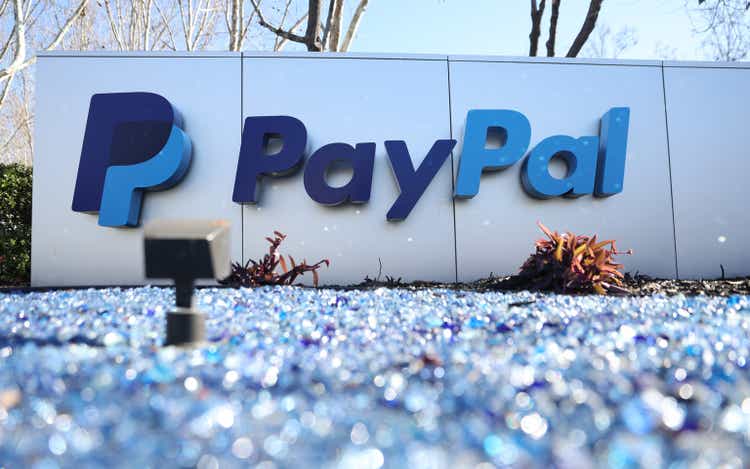Good morning. As AI continues to revolutionize business, companies are fundamentally rethinking their workforce strategies for the decade ahead—and exploring new options.
This topic came up during a panel session at the Fortune Brainstorm AI Singapore conference last week. Jess O’Reilly, Workday’s general manager for the ASEAN business, reflected on how a major Southeast Asian bank is considering a skills-based approach to employment.
“I was in Thailand a couple of weeks ago with a huge bank, and they’re really looking at their 10-year strategy and saying, ‘We don’t even know if our people are going to have a traditional full-time job anymore,’” O’Reilly said. Instead of planning around fixed job roles, the bank is considering pivoting to what it calls a “skills economy.” Here, every project or initiative is treated like a gig assignment—team members are chosen for their specific skill sets relevant to the project at hand.
What’s particularly notable is the bank’s approach to continuous learning and reskilling. O’Reilly explained that there’s always room for someone new to build their skills within these project teams. For example, the bank might set aside 1% of a project team for employees looking to reskill—people who say, “I don’t have these skills yet, but I have experience in adjacent areas and I want to learn.” By doing so, the company ensures that fresh talent is constantly cycling into critical roles.
O’Reilly posed the question: How do we use AI not just for automation, but as the backbone for identifying and matching skills with project needs? She argued that AI can help organizations inventory existing skills, identify opportunities, and make it easier to create space for upskilling and onboarding new talent through gig-style projects.
Perhaps a gig-based workplace would also inject variety into the day-to-day. And many companies are considering moving away from job-centric structures and toward a skills-focused approach, according to Deloitte’s report, “Becoming an AI-enabled, skills-based organization.” The firm finds that companies integrating both AI and skills-based approaches will be better positioned to predict talent gaps, improve talent placement, retain high performers, and reduce mis-hires.
AI and skills-based approaches could also mean that entry-level positions aren’t eliminated by automation—instead, new hires would be selected for specific skill sets that can be expanded and developed.
Skill requirements for jobs are constantly changing, noted Peiying Chua, head economist for APAC at LinkedIn, during the panel session. “For entry-level workers, this presents the opportunity to upskill and work on different sets of abilities—to build human-centric skills, agility, and creativity,” she said.
Sheryl Estrada
sheryl.estrada@fortune.com
This story was originally featured on Fortune.com

 6 hours ago
1
6 hours ago
1














 English (US) ·
English (US) ·